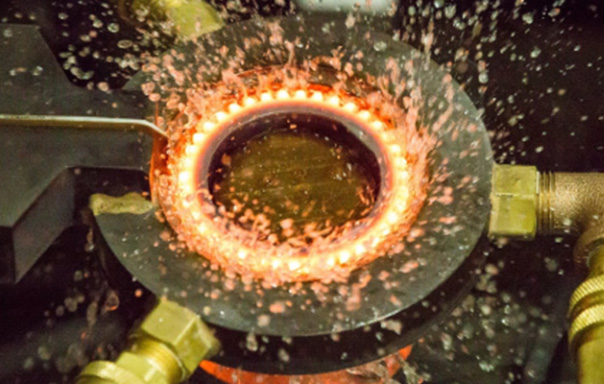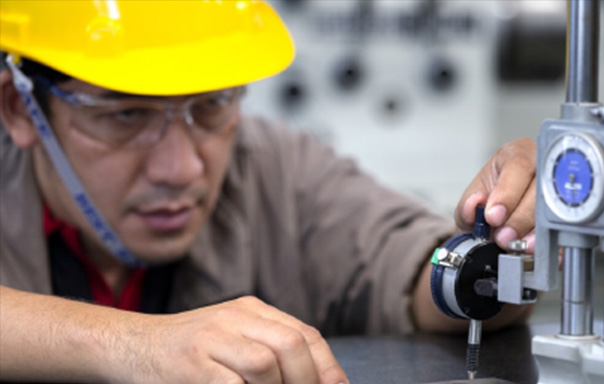According ASTM A36/A36M-2019
Standard specification for carbon structural steel
7-day express delivery
Minimum order quantity of 1 ton
Precision machining provided by our own factory
Supporting multiple payment methods: CIF CFR FOB EX-WORK
Multi-port delivery at Shanghai, Ningbo, and Guangzhou
Supporting sample services
.jpg)
Alloword Company can supply various grades of hot-rolled steel, all of which are produced by large steel organizations such as Baosteel Group and Ansteel Group within China. We can produce and deliver according to the standards required by customers based on their location or order specifications. China possesses world-leading steel production technology, and nowadays, steel supply is distributed globally. As a result, Bertic has the capability to cooperate with numerous multinational enterprises like BMW, General Motors, and other automotive manufacturers, implementing a global supply approach.
Steel grades included in the standard
| Steel grade designation | Name | THICKNESS from _ to in mm | WIDTH from _ to in mm |
|---|---|---|---|
| A36 | hot rolled ordinary carbon | 0.35-200 | 50-1,630 |
NOTE: Not all thickness and width combinations are possible.
Chemical composition of symbol standards
| Steel grade | C [%] | Si [%] | Mn [%] | P [%] | S [%] | Cr [%] | Ni [%] | Cu [%] | Mo[%] | Ti[%] |
|---|---|---|---|---|---|---|---|---|---|---|
| A36 | ≤0.26 | 0.15~0.4 | 0.85~1.35 | ≤0.04 | ≤0.05 | — | — | ≤0.2 | — | — |
NOTE: Mass fraction in ladle analysis.
Ordinary structural carbon steel is a common class of steel with a carbon content generally between 0.08% and 0.25%, while a manganese content is usually between 0.30% and 1.60%. These steels contain no or very small amounts of alloying elements, Therefore it is called non-alloy steel or carbon steel. It usually has moderate strength and toughness, and is easy to process and weld, so it is widely used in the manufacture of general structures and mechanical parts.
Hot selling products in the market
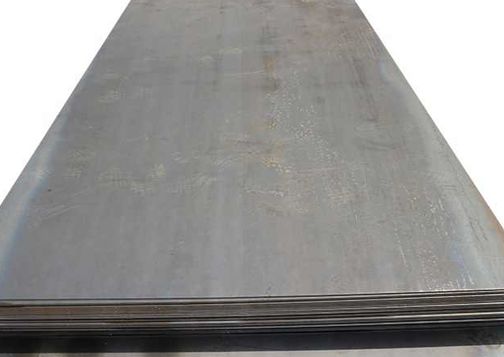
A53 Gr.A/Gr.B
Ordinary structural carbon steel is a common class of steel with a carbon content generally between 0.08% and 0.25%, while a manganese content is usually between 0.30% and 1.60%. These steels contain no or very small amounts of alloying elements, Therefore it is called non-alloy steel or carbon steel. It usually has moderate strength and toughness, and is easy to process and weld, so it is widely used in the manufacture of general structures and mechanical parts.
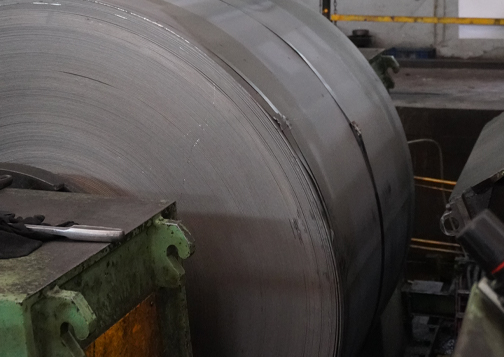
S10C
Ordinary structural carbon steel is a common class of steel with a carbon content generally between 0.08% and 0.25%, while a manganese content is usually between 0.30% and 1.60%. These steels contain no or very small amounts of alloying elements, Therefore it is called non-alloy steel or carbon steel. It usually has moderate strength and toughness, and is easy to process and weld, so it is widely used in the manufacture of general structures and mechanical parts.
.jpg)
43A | 43B | 50B | 50C | 50D Carbon Steel
Ordinary structural carbon steel is a common class of steel with a carbon content generally between 0.08% and 0.25%, while a manganese content is usually between 0.30% and 1.60%. These steels contain no or very small amounts of alloying elements, Therefore it is called non-alloy steel or carbon steel. It usually has moderate strength and toughness, and is easy to process and weld, so it is widely used in the manufacture of general structures and mechanical parts.
.jpg)
Q235A | A3 | U12352 | Q235AZ Carbon Steel
Ordinary structural carbon steel is a common class of steel with a carbon content generally between 0.08% and 0.25%, while a manganese content is usually between 0.30% and 1.60%. These steels contain no or very small amounts of alloying elements, Therefore it is called non-alloy steel or carbon steel. It usually has moderate strength and toughness, and is easy to process and weld, so it is widely used in the manufacture of general structures and mechanical parts.
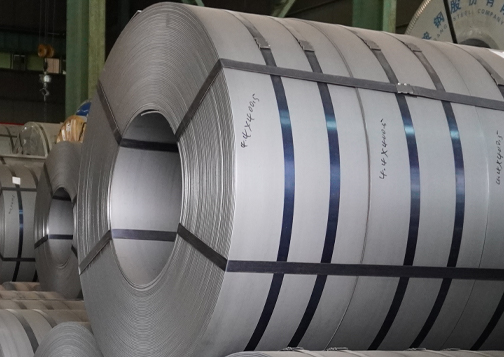
S09CK (S9CK)
Ordinary structural carbon steel is a common class of steel with a carbon content generally between 0.08% and 0.25%, while a manganese content is usually between 0.30% and 1.60%. These steels contain no or very small amounts of alloying elements, Therefore it is called non-alloy steel or carbon steel. It usually has moderate strength and toughness, and is easy to process and weld, so it is widely used in the manufacture of general structures and mechanical parts.
.jpg)
CNS SS400 | SS41 Carbon Steel
Ordinary structural carbon steel is a common class of steel with a carbon content generally between 0.08% and 0.25%, while a manganese content is usually between 0.30% and 1.60%. These steels contain no or very small amounts of alloying elements, Therefore it is called non-alloy steel or carbon steel. It usually has moderate strength and toughness, and is easy to process and weld, so it is widely used in the manufacture of general structures and mechanical parts.
You may also be interested in the following crafts

